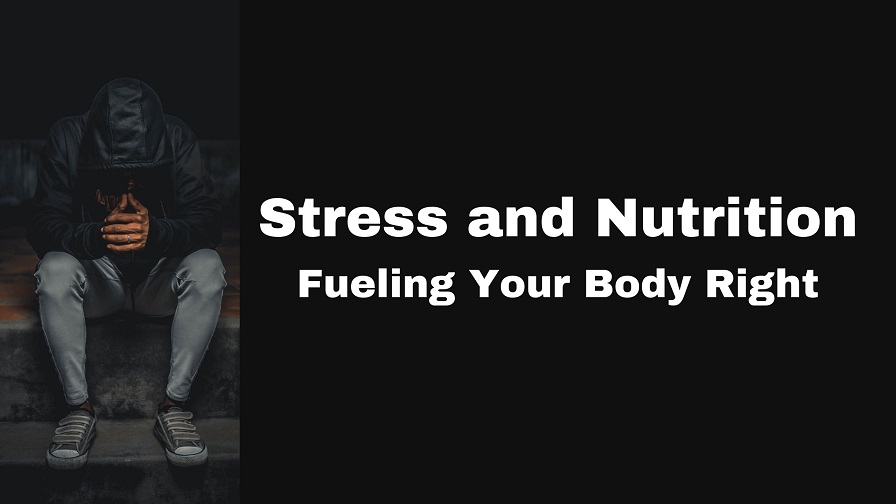Stress and Nutrition: Fueling Your Body Right
In our fast-paced and demanding lives, stress has become a common companion. While stress is a natural response to challenges, managing it effectively is crucial for our overall well-being.
One often overlooked aspect of stress management is nutrition. The food we consume plays a vital role in how our bodies respond to stress and how well we can cope with its effects.
This post delves into the intricate relationship between stress and nutrition, providing insights into how the right dietary choices can support our bodies in times of stress.
The Stress-Nutrition Connection
Stress can impact our nutritional habits, and conversely, our diet can influence how our bodies respond to stress:
Stress Impact on Eating Habits: Stress can lead to emotional eating, overeating, or the consumption of unhealthy comfort foods, which can contribute to weight gain and exacerbate stress.
Nutrition’s Impact on Stress Response: The nutrients we consume influence the production of stress hormones, brain function, and our body’s ability to manage stress.
Vicious Cycle: Poor dietary choices can worsen the body’s stress response, leading to a cycle where stress impacts eating habits, exacerbating stress levels.
Nutrition Strategies for Managing Stress
Balanced Diet
Consume a well-balanced diet rich in whole foods. Incorporate a variety of the fruits, vegetables, whole grains, lean proteins, and healthy fats. These nutrients provide essential vitamins and minerals for overall health and stress management.
Complex Carbohydrates
Opt for complex carbohydrates like the whole grains, legumes, and vegetables. These foods provide a steady release of energy, helping stabilize blood sugar levels and prevent energy crashes that can contribute to stress.
B Vitamins
Include foods high in B vitamins, such as leafy greens, whole grains, nuts, and seeds. B vitamins are crucial in energy production and the nervous system’s function, supporting your body’s stress response.
Magnesium
Magnesium-rich foods like nuts, seeds, leafy greens, and whole grains can help relax muscles and calm the nervous system, promoting relaxation and stress reduction.
Omega-3 Fatty Acids
Incorporate sources of the omega-3 fatty acids, such as fatty fish (salmon, mackerel), flaxseeds, and walnuts. Omega-3s have anti-inflammatory properties that can support brain health and stress reduction.
Hydration
Stay hydrated by drinking the adequate water throughout the day. Dehydration can contribute to the feelings of fatigue and stress.
Limit Caffeine and Sugar
Reduce caffeine intake, as excessive caffeine can increase feelings of anxiety and restlessness. Similarly, limit sugary foods and beverages, as they can cause energy crashes and mood swings.
Mindful Eating
Practice mindful eating by savoring each bite, eating and chewing slowly, and paying attention to your body’s hunger & fullness cues. Mindful eating helps prevent overeating and emotional eating.
Regular Meals and Snacks
Maintain regular eating patterns by having balanced meals and snacks throughout the day. Skipping meals can lead to the blood sugar fluctuations that contribute to stress.
Limit Processed Foods
Minimize processed and fast foods with added sugars, unhealthy fats, and sodium. These foods can negatively impact both physical and mental well-being.
Conclusion
Nutrition is fundamental in how our bodies respond to stress and how effectively we can manage its effects.
By making mindful dietary choices that support our physical & mental well-being, we can create a solid foundation for stress management. Remember that a balanced diet is just one aspect of overall stress management.
Combining proper nutrition with other strategies such as exercise, mindfulness, and self-care can help you build resilience and navigate life’s challenges with greater vitality and calmness.
Thanks for visiting How To Cure Stress

